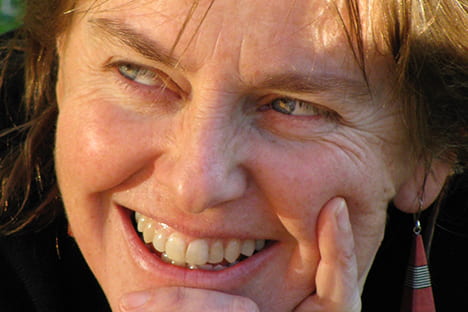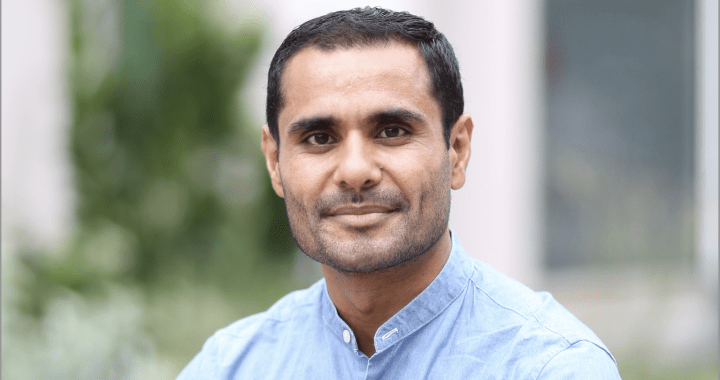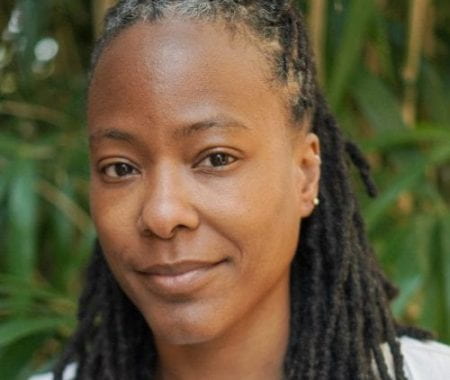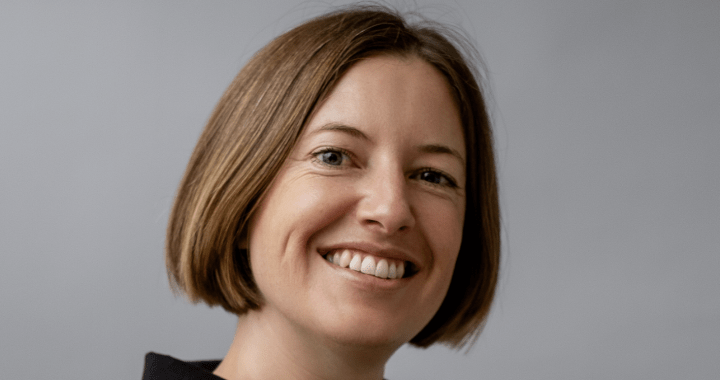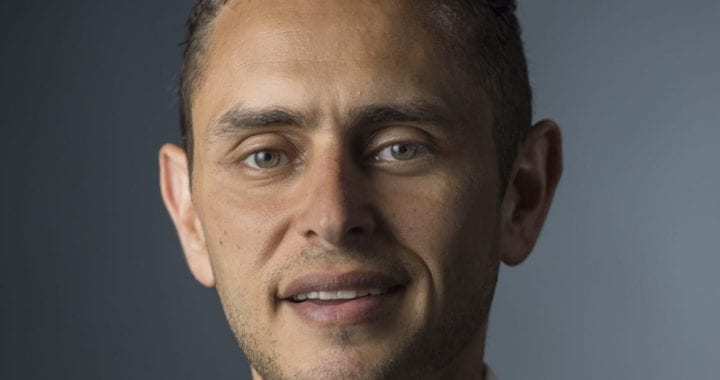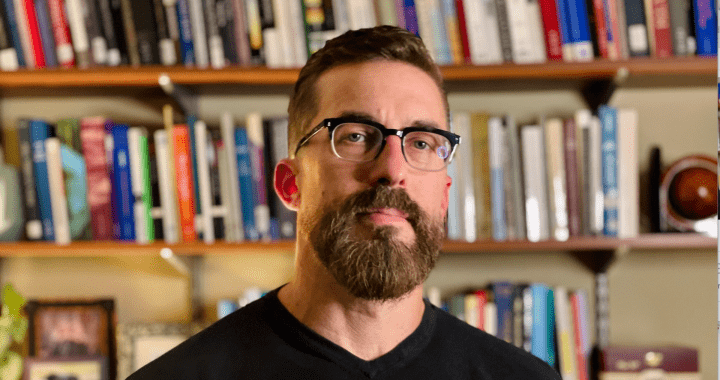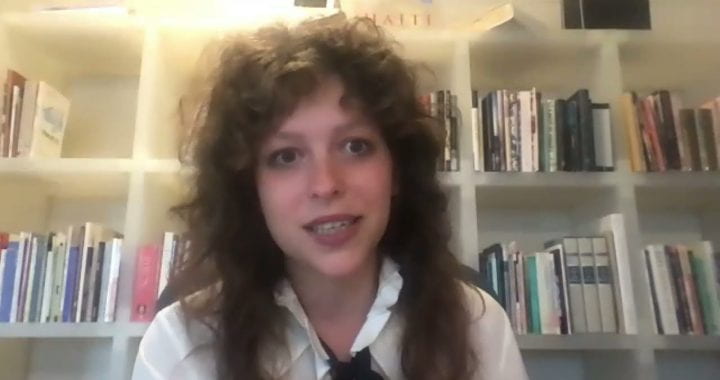This talk has been cancelled and will be rescheduled for Winter 2023.
From the mid-1940s until the 1960s and beyond, class, race, and maternal function were linked in metaphors of temperature in pediatric psychological studies of Bad Mothers. Newly codified diagnoses of aloof “refrigerator mothers” and overstimulating “hot mothers” were inseparable from midcentury conceptions of stimulation, mediation, domesticity, and race, including Marshall McLuhan’s theory of hot and cool media, as well as maternal absence and (over)presence, echoes of which continue in the present in terms like “helicopter parent.” Whereas autism and autistic states have been extensively elaborated in their relationship to digital media, this talk attends to attributed maternal causes of “emotionally disturbed,” queer, and neurodivergent children. The talk thus elaborates a media theory of mothering and parental “fitness.”
Hannah Zeavin is a scholar, writer, and editor, and works as an Assistant Professor at Indiana University and a Visiting Fellow at the Columbia University Center for The Study of Social Difference. Zeavin is the author of The Distance Cure: A History of Teletherapy (MIT Press, 2021) and at work on her second book, Mother’s Little Helpers: Technology in the American Family (MIT Press, 2024). Articles have appeared in American Imago, differences: A Journal of Feminist Cultural Studies, Technology and Culture, Media, Culture, and Society, and elsewhere. Essays and criticism have appeared or are forthcoming from Dissent, The Guardian, Harper’s Magazine, n+1, The New York Review of Books, The New Yorker, and elsewhere. In 2021, Zeavin co-founded The Psychosocial Foundation and is the Founding Editor of Parapraxis, a new popular magazine for psychoanalysis on the left, which will be releasing its first issue in Fall 2022.
Date | Time
November 30, 2022 | 12:15 – 1:30 PM [PST]
Free and open to the public
Venue | Location
Humanities Building 1, Room 210
University of California, Santa Cruz

